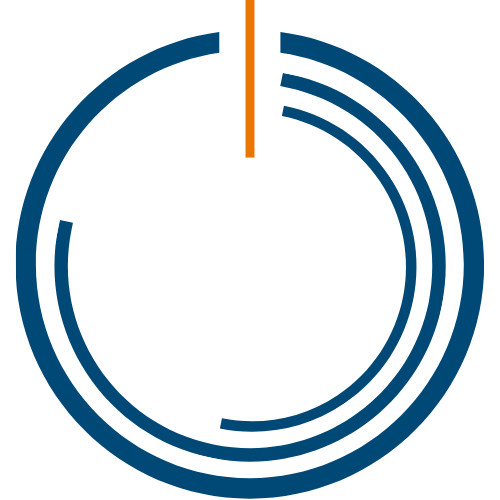3 min read
For many of us, caffeine is our trusted companion, helping us kick start our mornings and stay alert throughout the day. It's no secret that this stimulant can boost our energy and concentration, but there's more to the caffeine story. We'll explore the complex relationship between caffeine and mood, including the positive and not-so-positive effects it can have on our emotional well-being. The take-away: some caffeine is good; too much is bad.
The Upside

Let's start with the good news. Several studies suggest that caffeine can have a positive impact on our mood and even reduce the risk of depression. Some of these studies have even hinted at a decreased risk of suicide, which is nothing short of remarkable.
One analysis in China, spanning over three decades, demonstrated that caffeine intake was associated with a significant decrease in the risk of depression.
Another study found that women who consumed one to four cups of coffee per day had a reduced risk of suicidal ideation. These promising findings suggest that moderate caffeine intake can have mood-lifting benefits.
The Downside

However, there's a catch. The relationship between caffeine and mood is not one-size-fits-all. Excessive caffeine consumption or caffeine sensitivity can lead to adverse mood-related consequences:
-
Sleep Troubles: Caffeine promotes wakefulness by blocking Adenosine. Caffeine can disrupt your sleep patterns, making it harder to fall asleep and stay asleep. A lack of sleep can exacerbate feelings of depression and anxiety.
-
Anxiety Woes: If you're prone to anxiety, caffeine can make it worse. It can trigger feelings of nervousness, jitters, and even panic in some individuals, especially when too much is consumed.
-
Abrupt Caffeine Withdrawal: Quitting caffeine cold turkey can have a negative impact on your mood, causing irritability, fatigue, and even depressed feelings. Gradually reducing caffeine intake can help mitigate these withdrawal effects.
The Science Behind the Buzz
Caffeine's effects on mood are multifaceted, with both positive and negative aspects. At moderate levels, caffeine serves as a wake-up call for your nervous system, promoting alertness and reducing fatigue. It can be the boost you need to tackle the day ahead.
It's important to remember that caffeine has a relatively short half-life, around 4-6 hours. This means that, after you consume caffeine, half of it is still in your system within this time frame. It's a crucial factor to consider when timing your caffeine intake to avoid sleep disturbances.
A Word of Caution
While moderate caffeine consumption can be beneficial, it's essential to stay mindful of your intake. Over-consumption, particularly among adolescents, can lead to a range of issues. Too much caffeine can result in health problems, such as tachycardia, hypertension, insomnia, and even anxiety and depression.
In some cases, energy drinks with high caffeine content can exacerbate issues like attention problems, anxiety, and hyperactivity. Adolescents, in particular, should be cautious due to their vulnerability and the widespread availability of caffeine-containing products.
Conclusion
Caffeine is undoubtedly a double-edged sword when it comes to mood. When consumed in moderation, it can provide a much-needed boost to your day. Still, it's crucial to be aware of its potential negative effects, particularly when it comes to sleep, anxiety, and depression. Finding the right balance and understanding your body's caffeine tolerance is key to enjoying its mood-enhancing benefits without the drawbacks.

